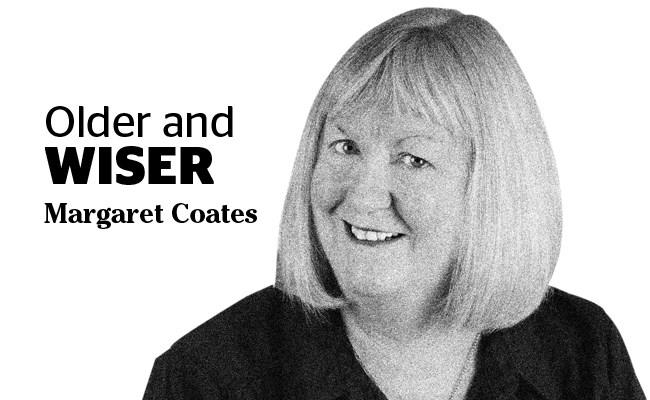Are you afraid of losing your mental capacities as you age?
Many of us are, according to Dr. Heather Palmer, regional director of Memory Care for Amica Mature Lifestyles.
In a recent talk at the North Shore Seniors’ Health Expo held on Sept. 10 in West Vancouver, Palmer said that people are less accepting of cognitive decline than physical decline so techniques and strategies to address cognitive aging are underutilized.
But as Palmer said, cognitive aging is as inevitable as physical aging. As we age our brain changes as well. For most of us, improving cognitive well-being will increase our chances of leading a productive and happy life. Improvements to cognitive functioning can reduce the stress and fear associated with cognitive decline.
Cognitive decline comes in many forms, from normal decline to full-blown dementia with Alzheimer’s disease as one of the most acute. Some common changes with normal cognitive decline are memory loss, changes in verbal skills, difficulty concentrating and distraction.
What can we do to slow or change our cognitive decline?
For those of us who are experiencing normal cognitive decline, Palmer said we can utilize external strategies such as making written lists and notes, using timers and calendars, creating routines and practising external self-talk. Exercising these planning and organizational processes will contribute to improved brain functioning.
Staying psychologically happy is also a way to improve our cognitive well-being. Palmer said those who “feel good” think better. Seniors centres and programs can be great places to stay connected, get involved and by extension “feel good.”
Many of the strategies and techniques for dealing with cognitive decline are similar to those suggested by the Alzheimer Society of B.C. They say that with Alzheimer’s disease, lifestyle choices, like staying socially connected, choosing a healthy diet, reducing stress and being physically active, can often significantly slow the progression of the disease.
The community can also facilitate changes to assist those with normal cognitive decline and dementia. An Australian publication, “Creating Dementia-Friendly Communities,” says that in creating a Dementia-Friendly Community many of the strategies can help all of the community. Changes to outdoor and indoor areas in and around buildings to make them dementia-friendly, making sure social engagement is a priority and assisting people to stay involved through work or volunteering can be beneficial to everyone.
According to the Alzheimer Society of B.C., everyone has a responsibility to help make their community dementia-friendly. They say, “Dementia-Friendly Communities are those which support people to be engaged and active where they work, live and play.” Individuals in these communities learn how to recognize when someone has dementia and how to respond in a respectful, effective way.
On the North Shore, the District of North Vancouver, the City of North Vancouver and the District of West Vancouver have formed a tri-municipal initiative to help educate the public on how to become more supportive of those with dementia and their caregivers. Their collaboration is called Dementia-Friendly North Shore and the kick-off was a part of the seniors’ expo. Over the next year they will develop a framework for a Dementia-Friendly Community Action Plan.
Whether we experience normal cognitive decline or a more serious decline such as Alzheimer’s disease, individuals and the community must reduce the stigma around these issues. People are ready to accept (though we don’t like it) physical decline and are then able to create solutions. We can do the same for cognitive decline.
Margaret Coates is the co-ordinator of Lionsview Seniors’ Planning Society. She has lived on the North Shore for 47 years and has worked with and for seniors for 20 of those. Ideas for future columns are welcome. Email: [email protected]. For more information: lionsviewseniorsplanning.com.



